
views
KADAPA: It might sound inappropriate in the democratic setup like ours, but it remains an undeniable factor that ‘cash’ and ‘liquor’ have become an integral part of Indian elections.For a bottle of liquor or for a couple of hundred bucks, people attend meetings, irrespective of which party it is, dutifully clap their hands and shout slogans. Will they vote for that party is a million dollar question. It could be a yes or could be no. It is hard to predict. There are some cases, where families shared their votes for different parties under the influence of cash, if not liquor.Since, cash and liquor have become a ‘must’ in the elections, every candidate has to spend a considerable amount of money. From the day, the election notification is issued to the day of polling, the netas have to spend money and time on providing liquor to their ‘tentative’ supporters. A day before polling, bargaining begins and cash of `500 to `1,500 is paid per vote. This way, a candidate is spending anything between `5 cr to `15 cr per constituency. It is a clash between the spirit of liquor and democratic spirit at the elections. Against this backdrop, V Anil Kumar, district collector has initiated a novel step to curb the menace of liquor during elections, by involving womens’ self help groups (SHGs). In the first phase, he instructed officials to create awareness among SHGs itself, regarding the value and importance of a vote, how liquor and cash are influencing the voter and who is it that is getting elected using those two as instruments and to what extent are they serving the public after getting elected, etc. The SHGs will also be motivated regarding ethical values. Not only revenue officials but police personnel also will be involved.IN all 9,000 SHGs with nearly one lakh women members are being involved and officials hope that those women will have considerable influence on the voters in their families.










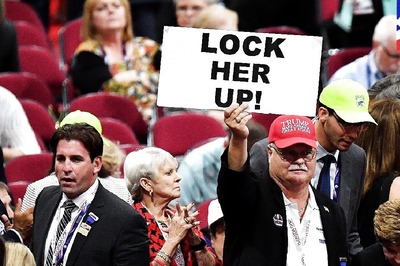

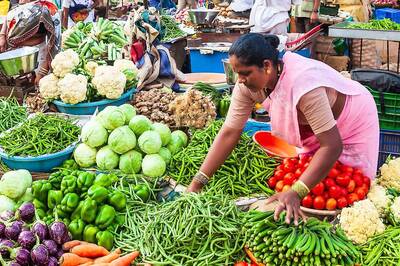


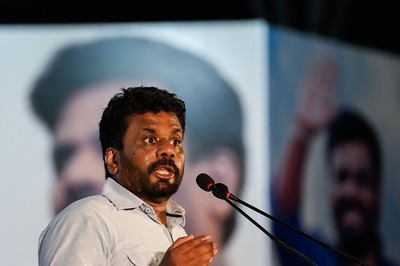
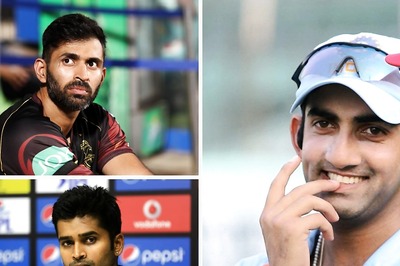
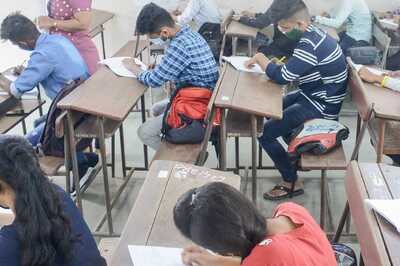
Comments
0 comment